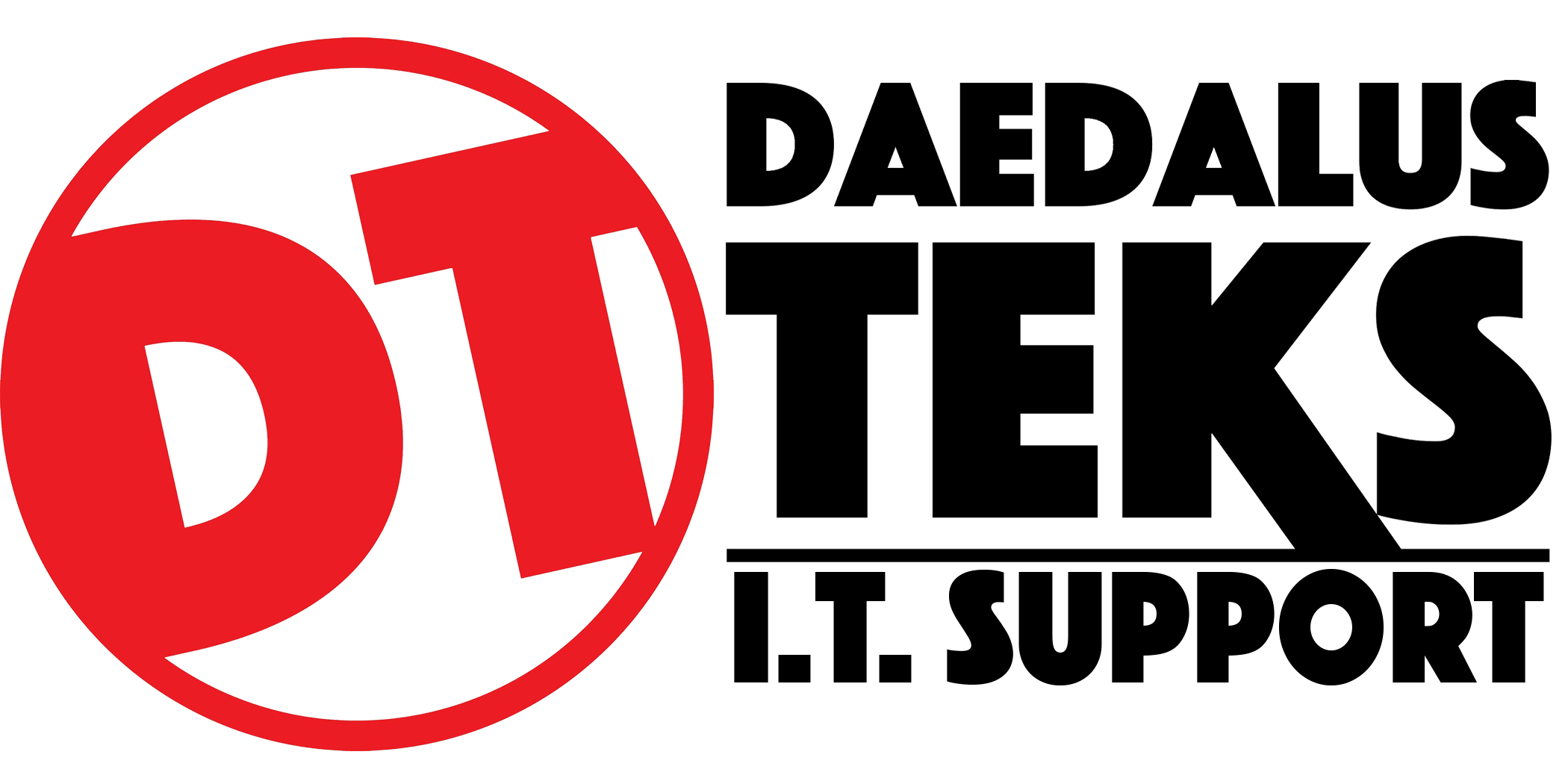Original Article By Cesar Garcia
Sources from CNET, ZDnet, etc.
For the past couple years the United States has been attempting to pass the CISPA bill which will authorize sharing of Internet traffic information between the U.S. government and certain technology and manufacturing companies such as; Google, Facebook, Twitter, Microsoft and Myspace. Some individuals saw CISPA as a second attempt at strengthening digital piracy laws after the Stop Online Piracy Act met huge opposition. CISPA will hit the floor either Today or Tomorrow, this bill has been so controversial yet no one understands why? Many Others are unaware of what's going on, So lets break it down:
- For those out of touch with current events concerning this, CISPA will allow private sector firms to search personal and sensitive user data of ordinary U.S. residents to identify so-called "threat information". Once identified this information will be shared other firms and the US government — without the need for a court-ordered warrant.
CISPA is controversial because it overrules all existing federal and state laws by saying: "Notwithstanding any other provision
of law," companies may share information "with any other entity, including the federal government." It would not, however, require them to do so.
That language has alarmed dozens of advocacy groups, including the American Library Association, the American Civil Liberties Union, the Electronic Frontier Foundation and Reporters Without Borders. In turn they sent a letter (PDF Provided below) to Congress last month opposing CISPA. It says: "CISPA's information sharing regime allows the transfer of vast amounts of data, including sensitive information like Internet records or the content of e-mails, to any agency in the government."
- Under a new amendment voted on earlier today in the U.S. House, U.S. companies would have been able to keep their privacy policies intact and their promises valid, including terms of service, legally enforceable in the future.

Rep. Pete Sessions (R-TX), who chairs the House Rules Committee, urged his colleagues to reject the amendment and in turn his colleagues did. All Republican members of the committee voted against the amendment despite a unanimous show of support from the Democratic membership.
Yet Republicans failed to get the amendment through by a 5-8 vote. This amendment would have weakened CISPA's position. Now it allows these private firms watertight legal immunity under CISPA to share their customer and user data with other firms as well as the U.S. government, by being "completely exonerated from any risk of liability," according to Rep. Jared Polis (D-CO). Now private sector firms have the right to hand over private user data, while circumventing existing privacy laws. Data such as; emails, text messages, cloud-stored documents and files, with the U.S. government, its law enforcement and intelligence agencies.
"We're disappointed that such a commonsense reform won't even get a vote, When Americans sign up for service with their phone company or their Internet provider they should be entitled to the privacy protections that the companies promise them. Giving companies legal cover to break their contracts with consumers is bad policy and a disservice to the American people." Will Adams, a spokesman for Rep. Justin Amash, a Michigan Republican who co-sponsored the amendment, told CNET earlier this evening.



 In order to protect itself, Security Shield will terminate almost all processes that you start. It does this so that you cannot launch any security programs that may have the ability to remove the infection. The message that you will see when you attempt run a program is similar to the one below:
In order to protect itself, Security Shield will terminate almost all processes that you start. It does this so that you cannot launch any security programs that may have the ability to remove the infection. The message that you will see when you attempt run a program is similar to the one below: Warning!
Warning! Your PC is blocked.
Your PC is blocked.
